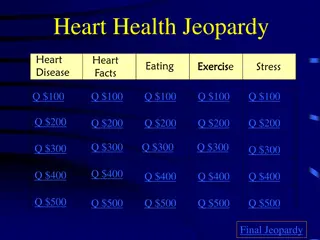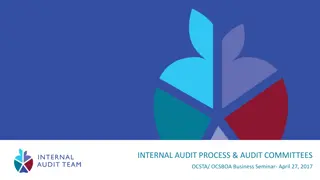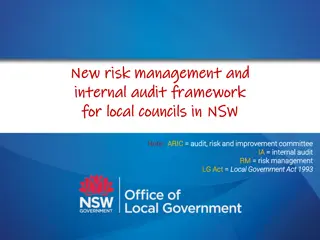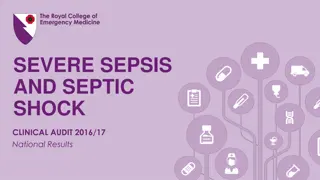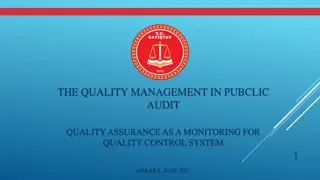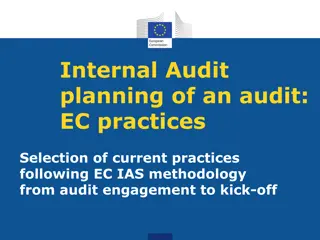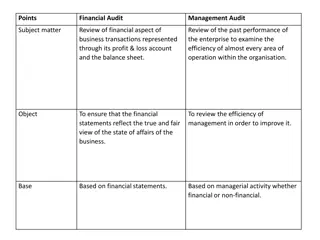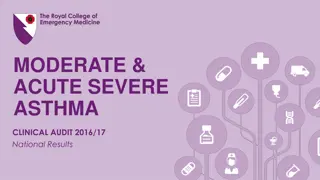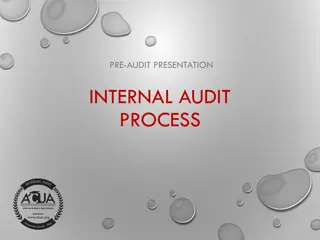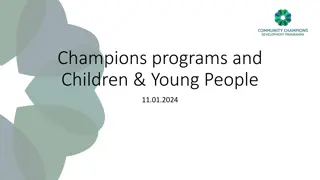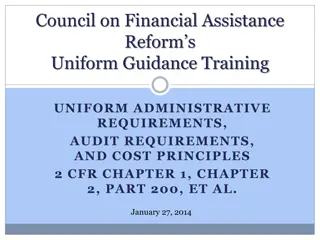HEART/NSTA Audit Report: Improving Skills Training Programmes
The audit report on HEART/NSTA reveals challenges in managing educational and skills training programmes effectively, resulting in a low certification rate despite significant investments. The report highlights the need for better monitoring and evaluation of youth programmes and emphasizes a strategic review and gap analysis to enhance skills training outcomes.
Download Presentation

Please find below an Image/Link to download the presentation.
The content on the website is provided AS IS for your information and personal use only. It may not be sold, licensed, or shared on other websites without obtaining consent from the author. Download presentation by click this link. If you encounter any issues during the download, it is possible that the publisher has removed the file from their server.
E N D
Presentation Transcript
HEART /NATIONAL SERVICE TRAINING AGENCY (NSTA) CAPACITYOF SKILLS TRAINING PROGRAMME AUDITOR GENERAL S DEPARTMENT
Heart / NSTA s Core Mandate Finance and Coordinate Technical and Vocational Training Programmes, aimed at creating a competent workforce, trained at international standards, to facilitate the growth and development of Jamaican businesses.
Audit Objectives 1 2 To determine if HEART was managing its educational and skills training programmes effectively, to contribute to Jamaica achieving a competent and efficient labour market. To determine whether HEART received value from the money spent to deliver its educational and skills training programmes.
Low Certification Rate Despite an increase in the number of admissions over the five-year period, 2014-15 to 2018-19, HEART s certifications remained constant at a low rate, averaging 45%.
Little Value Given its certification rate of 45%, HEART did not yield maximum value from the training expenditure of $30.5bn, between 2014-15 and 2018-19, to deliver skills training programmes.
Inadequate Monitoring & Evaluation At Risk Youth Programmes 54% certified Community Training Interventions (CTIs) $2.9bn 38% certified External Training Providers (ETPs) $8.3bn
Inadequate Monitoring & Evaluation At Risk Youth Programmes 19%Certified CAP-YES $75mn 32% Certified National Unattached Youth Programme (NUYP) $1.3bn
What we found 63,520 application awaiting admission Long Waiting List
Strategic Review Gap Analysis Evaluate Rethink Evaluate arrangements with ETPs, CTIs, to address deficiencies and to ensure accountability. Review current approach to delivering skills training programmes. Review the feasibility of multiple programmes targeting at-risk youths. Analyse the current human and physical resource capacity.






